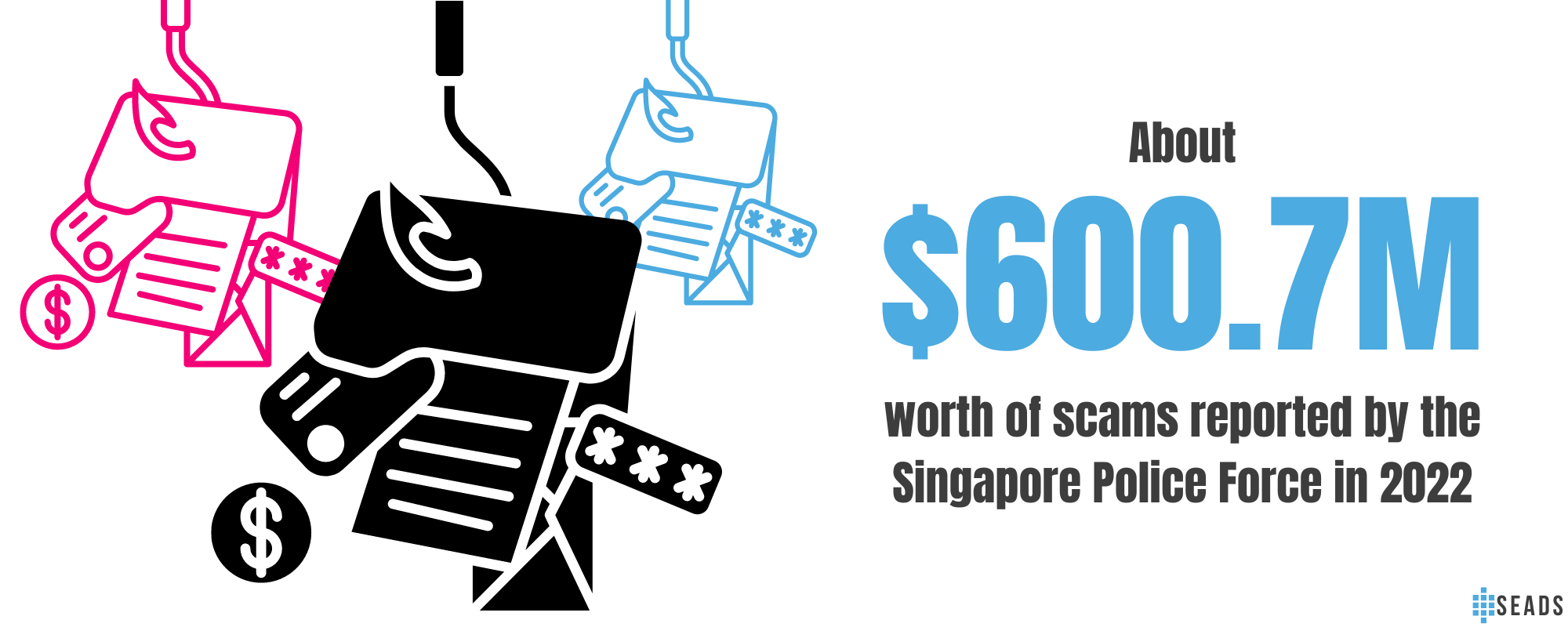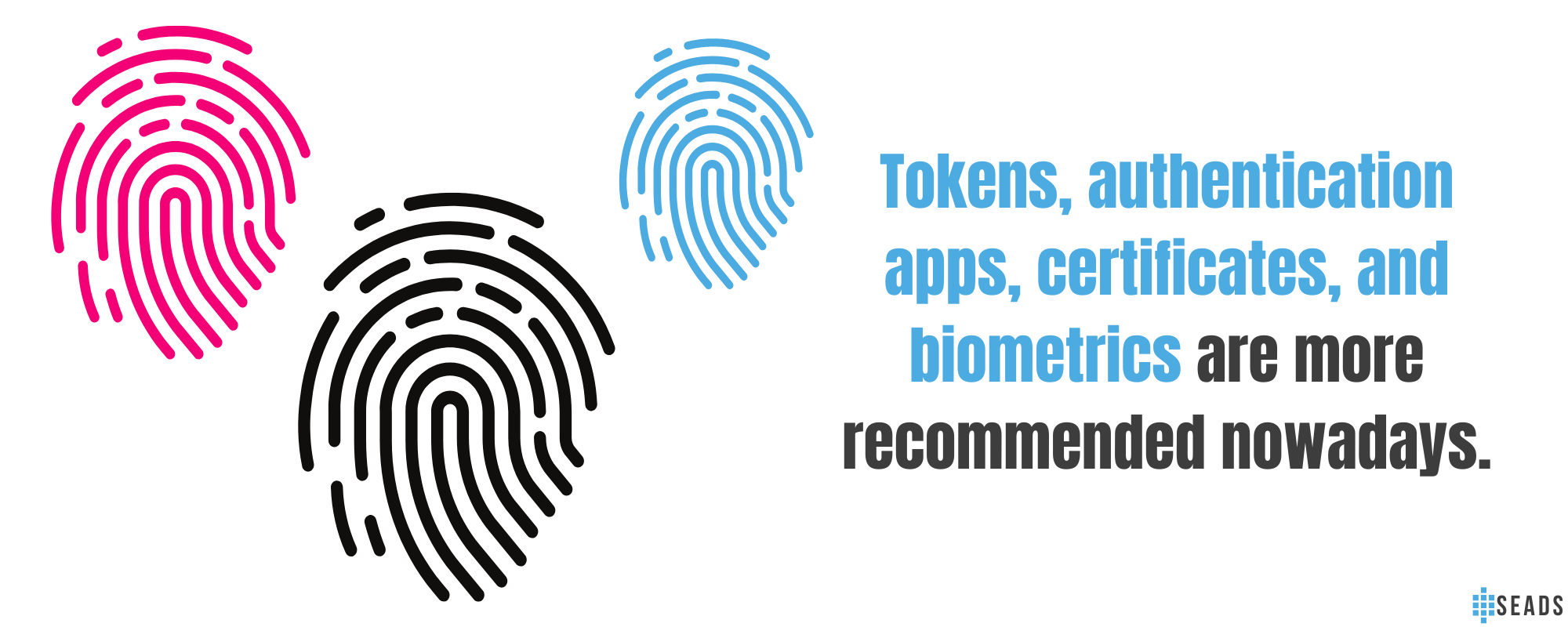The increasing digital transformation in Southeast Asia has led to an alarming increase in scams both businesses and consumers have experienced. The Singapore Police Force has released data showing scams amounting to $660.7 million occurred in 2022, which is a 4% increase from the previous year. The majority of the victims, accounting for over 53%, were from the younger generation aged between 20 to 39 years old.

As digital services are heavily connected to the lifestyle of people in Southeast Asia, there should be an increased focus on fighting scam and fraud. Known establishments such as Shangri-La, Singtel, and Starbucks are vulnerable to these scams, and each has taken necessary steps to mitigate and prevent the implications of such scams. However, with scams becoming more intricate and sophisticated, it is crucial to continue to fight against them.
According to Technode Global, education should be a leading priority as it is one of the core foundations of the community. External technology use is prone to human error and cyber risk, and businesses should create knowledge bases and standard operating procedures (SOPs) for their employees to know more about cyber hygiene and the fight against fraud and scams. Employees should know how to distinguish malicious links, emails, and attachments sent to their corporate email to prevent increased security breaches.
Another guideline that Technode Global suggests is a zero-trust approach. Executives and stakeholders should have a security-led approach when working, and those who are not part of the company should have limited or zero access to the network of the business until it is authenticated and verified.
Additionally, passwordless processes are also recommended. Traditional passwords are used for malware, ransomware, phishing, and other scam and fraud operations, making industries vulnerable, especially those that are digital-led. These passwords should be replaced with authentication instead through tokens, authentication apps, certificates, and biometrics.

While businesses and consumers can take necessary steps to prevent and mitigate the risks of scams, it is crucial to keep fighting against them by continuously learning and adopting new security measures.